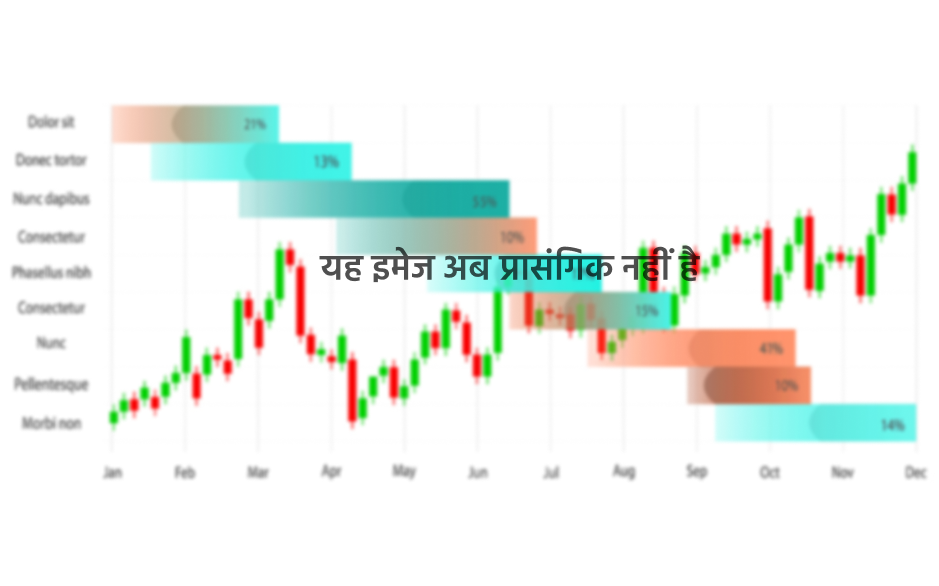The USD index has once again fallen to the middle of the 96th figure, updating the two-week low. Recent macroeconomic reports did not even affect the currency positively, so demand for risky assets continues to prevail among traders despite the increase in the daily incidence of coronavirus worldwide. Apparently, market participants are not interested in the dynamics of the pandemic itself. Focus has been shifted to the reaction of authorities to the latest trends, in which most of the reactions were calm, and no one speaks of repeated lockdowns in key countries. Thus, the frightening growth in the coronavirus statistics did not concern investors, robbing the dollar of its support as a safe-haven asset.

Recent days have listed more than 30 thousand new infections in the United States (although over the course of several weeks, the growth rate ranged from 17-25 thousand). Just last week, the huge jump in the number of new infections has pulled the US dollar up, but the comments from top officials that followed leveled the concerns of investors. One example was the statement of US Vice President Mike Pence, who said that the recent protests in the country did not provoke a second wave of the pandemic. Only a few states recorded another outbreak of the coronavirus. US Treasury Secretary Steven Mnuchin also assured the public that the White House is not planning to return a hard quarantine, which was supported by economic adviser Larry Kudlow, who also said that another lockdown is very unlikely.
The fate of the much-anticipated additional assistance from the US authorities was also discussed. According to Kudlow, the corresponding agreement "may well be reached this summer", but at the moment, no decisions have been made in this regard. Even the estimated amount of assistance has not yet been determined, not to mention the other details of legislative initiative. Nevertheless, Fed Chairman Jerome Powell personally asked senators to pass the bill, and signed a letter with 150 economists to ask lawmakers funds to stimulate the economy.
However, according to most experts, the White House will lobby its own bill in July, while the Senate, controlled by Republicans, will reject the Democrats' initiative. Such prospects put pressure on the US dollar, and Kudlow's comments on this matter made it worse for the bulls of the US dollar.
Macroeconomic reports on the United States also disappointed traders as recent data turned out to be weaker than expected. For example, the index of business activity in the US manufacturing sector, contrary to optimistic forecasts, did not exceed the key 50-point mark, rising to just 49.6 points, which is still within the "red zone". Experts expected a more significant increase in the index. The same can be said on the PMI for the US service sector, which grew to just 46.7, lower than what economists had expected. The only indicator that exceeded forecast yesterday was the Richmond Fed manufacturing index, which still can't be considered a breakthrough as the indicator came out at zero level.
Other factors also failed to contribute to the growth of the US dollar, as the short-term demand for safe-haven assets provoked by the statements of White House advisor Peter Navarro on the prospects of US-China relations was offset by the subsequent statement of trade representative Robert Lighthizer, who assured the public that the two countries are still committed to fulfilling their obligations. China also reacted to the situation, announcing an increase in the purchases of US agricultural products, and its readiness to adhere to the terms of the deal to increase imports by $ 200 billion over two years.

In other words, the US dollar still cannot find a foothold, and the current dynamics of the USD index eloquently testifies to this. The European currency, in turn, received support from the PMI indices yesterday, the dynamics of which indicate that the eurozone economy is gradually recovering. Such trends resulted to a breakout from the resistance level 1.1290 yesterday (which corresponds to the Tenkan-sen line on the daily chart), in which after that, the Ichimoku indicator formed a bullish signal in the chart, confirming the strength of the upward movement. Bulls now have an open way to the next (intermediate) resistance level at 1.400, as well as to the main target 1.1422 (the three-month high that was achieved last week). The highest value of the quotes also corresponds to the upper line of the Bollinger Bands in the daily chart.










